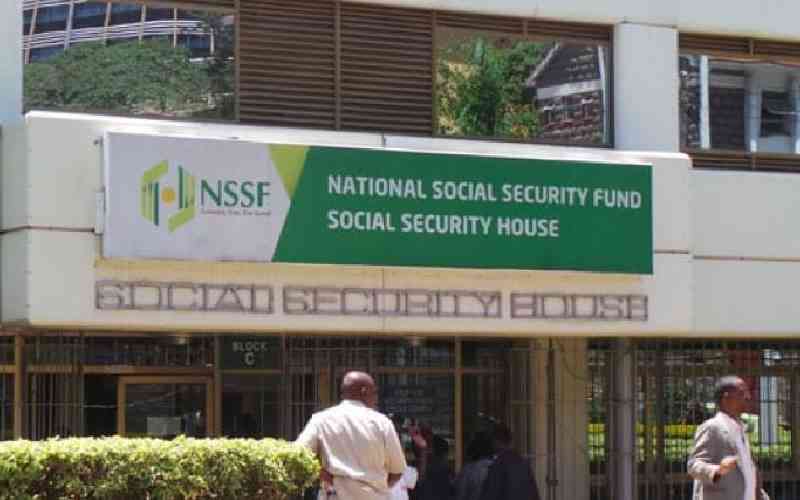
An opinion piece in The Standard last week titled "Acclamation, a worrying trend that is exposing parents to exploitation" raised important issues on the management of public institutions that should interest all education stakeholders. The writer took issue with extra charges schools allegedly levy on parents without following government procedures.
For that, Chris Papa Ikui listed a number of grievances and asked education-related government bodies to up their oversight of schools to arrest the squandering ways of wayward principals. A summary of the writer's catalogue of pain would read as follows: Abuse of acclamation as a method of hastily harvesting parents' nod on issues; a growing number of needy but poor learners who cannot transition to Form One because of runaway illegal levies; and schools charging way above government-stipulated fees and imposing additional levies.







